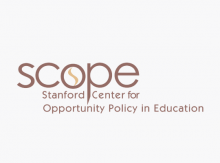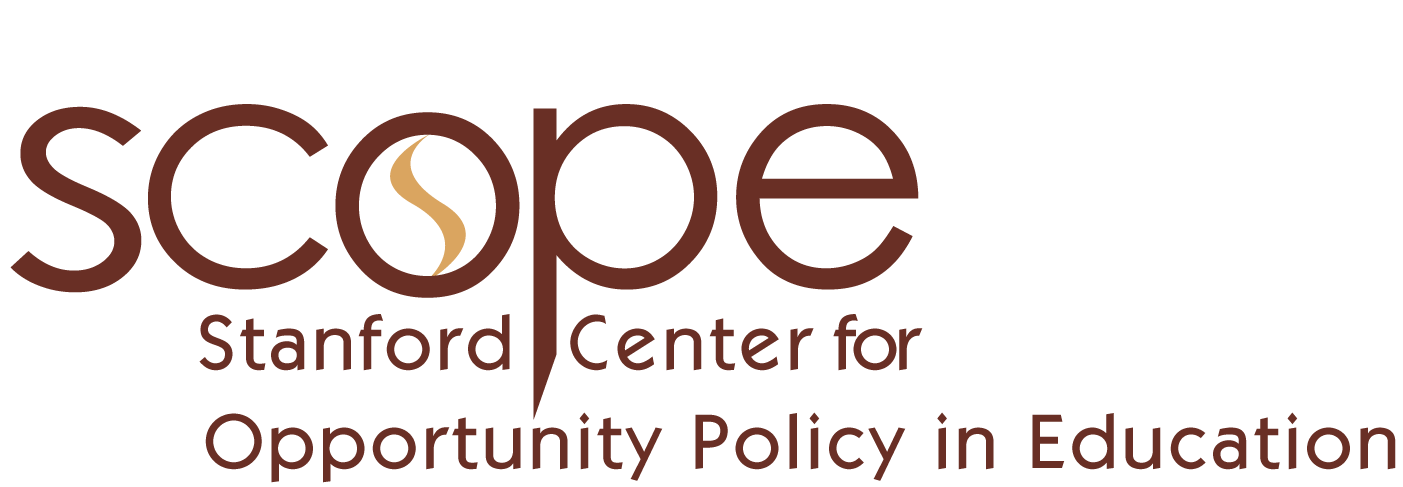The strategies that 12 states used to integrate performance assessment into state systems of assessment.

Following the first International Summit on Teaching, Linda Darling-Hammond wrote about the essential supports the United States needs to put into place in order to create a strong, high-quality teaching force such as those in nations around the world with high student achievement. This piece first appeared in Valerie Strauss' The Answer Sheet in the Washington Post and followed the first International Summit on Teaching.
The first ever International Summit on Teaching, convened last week in New York City, showed perhaps more clearly than ever that the United States has been pursuing an approach to teaching almost diametrically opposed to that pursued by the highest-achieving nations.
In a statement rarely heard these days in the United States, the Finnish Minister of Education launched the first session of last week's with the words: "We are very proud of our teachers." Her statement was so appreciative of teachers' knowledge, skills, and commitment that one of the U.S. participants later confessed that he thought she was the teacher union president, who, it turned out, was sitting beside her agreeing with her account of their jointly-constructed profession.
There were many "firsts" in this remarkable Summit. It was the first time the United States invited other nations to our shores to learn from them about how to improve schools, taking a first step beyond the parochialism that has held us back while others have surged ahead educationally.
It was the first time that government officials and union leaders from 16 nations met together in candid conversations that found substantial consensus about how to create a well-prepared and accountable teaching profession.
And it was, perhaps, the first time that the growing de-professionalization of teaching in America was recognized as out of step with the strategies pursued by the world's educational leaders.
Evidence presented at the summit showed that, with dwindling supports, most teachers in the United States must go into debt in order to prepare for an occupation that pays them, on average, 60% of the salaries earned by other college graduates. Those who work in poor districts will not only earn less than their colleagues in wealthy schools, but they will pay for many of their students' books and supplies themselves.
And with states' willingness to lower standards rather than raise salaries for the teachers of the poor, a growing number of recruits enter with little prior training, trying to learn on-the-job with the uneven mentoring provided by cash-strapped districts. It is no wonder that a third of U.S. beginners leave within the first five years, and those with the least training leave at more than twice the rate of those who are well-prepared.
Those who stay are likely to work in egg-crate classrooms with few opportunities to collaborate with one another. In many districts, they will have little more than "drive-by" workshops for professional development, and – if they can find good learning opportunities, they will pay for most of it out of their own pockets.
Meanwhile, some policymakers argue that we should eliminate requirements for teacher training, stop paying teachers for gaining more education, let anyone enter teaching, and fire those later who fail to raise student test scores. And efforts like those in Wisconsin to eliminate collective bargaining create the prospect that salaries and working conditions will sink even lower, making teaching an unattractive career for anyone with other professional options.
The contrasts to the American attitude toward teachers and teaching could not have been more stark. Officials from countries like Finland and Singapore described how they have built a high-performing teaching profession by enabling all of their teachers to enter high-quality preparation programs, generally at the masters' degree level, where they receive a salary while they prepare. There they learn research-based teaching strategies and train with experts in model schools attached to their universities. They enter a well-paid profession – in Singapore earning as much as beginning doctors -- where they are supported by mentor teachers and have 15 or more hours a week to work and learn together – engaging in shared planning, action research, lesson study, and observations in each other's classrooms. And they work in schools that are equitably funded and well-resourced with the latest technology and materials.
In Singapore, based on their talents and interests, many teachers are encouraged to pursue career ladders to become master teachers, curriculum specialists, and principals, expanding their opportunities and their earnings with still more training paid for by the government.Teacher union members in these countries talked about how they work closely with their governments to further enrich teachers' and school leaders' learning opportunities and to strengthen their skills.
In these summit discussions, there was no teacher-bashing, no discussion of removing collective bargaining rights, no proposals for reducing preparation for teaching, no discussion of closing schools or firing bad teachers, and no proposals for ranking teachers based on their students' test scores. The Singaporean Minister explicitly noted that his country's well-developed teacher evaluation system does not "digitally rank or calibrate teachers," and focuses instead on how well teachers develop the whole child and contribute to each others' efforts and to the welfare of the whole school.
Perhaps most stunning was the detailed statement of the Chinese Minister of Education who described how – in the poor states which lag behind the star provinces of Hong Kong and Shanghai – billions of yuan are being spent on a fast-paced plan to improve millions of teachers' preparation and professional development, salaries, working conditions and living conditions (including building special teachers' housing) The initial efforts to improve teachers' knowledge and skills and stem attrition are being rapidly scaled up as their success is proved.
How poignant for Americans to listen to this account while nearly every successful program developed to support teachers' learning in the United States is proposed for termination by the Obama administration or the Congress: Among these, the TEACH Grants that subsidize preparation for those who will teach in high-need schools; the Teacher Quality Partnership grants that support innovative pre-service programs in high-need communities; the National Writing Project and the Striving Readers programs that have supported professional development for the teaching of reading and writing all across the country, and the National Board for Professional Teaching Standards, which certifies accomplished teachers and provides what teachers have long called some of the most powerful professional development they ever experience in their careers.
These small programs total less than $1 billion dollars annually, the cost of half a week in Afghanistan. They are not nearly enough to constitute a national policy; yet they are among the few supports America now provides to improve the quality of teaching.
Clearly, another first is called for if we are ever to regain our educational standing in the world: A first step toward finally taking teaching seriously in America. Will our leaders be willing to take that step? Or will we devolve into a third class power because we have neglected our most important resource for creating a first-class system of education?
The strategies that 12 states used to integrate performance assessment into state systems of assessment.

Overview of the Instructional Leadership Corps (ILC). Hear from ILC participants and partners on how the ILC project is inspiring students and making an impact through collaboration.
A new book, Global Education Reform: How Privatization and Public Investment Influence Education Outcomes, provides a powerful analysis of these different ends of an ideological spectrum – from market-based experiments to strong state investments in public education.
Sign up for our free newsletter to learn about new SCOPE publications and upcoming events.
© Stanford University, Stanford, California 94305.

